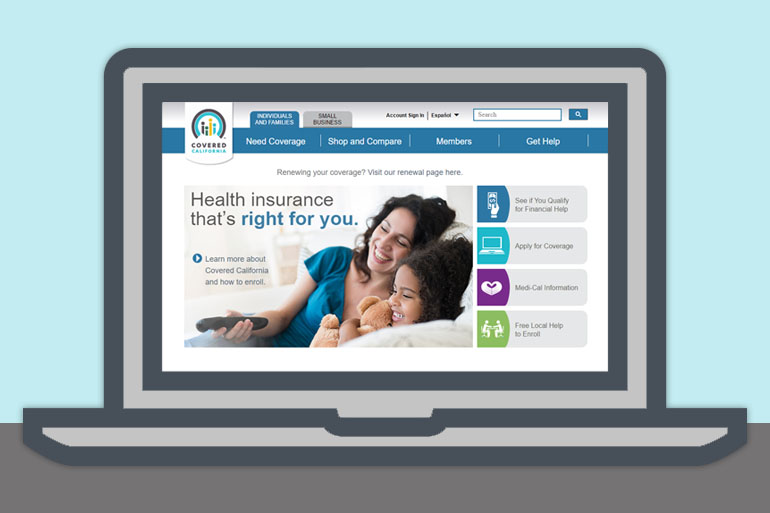Can’t see the audio player? Click here to download.
Covered California’s fourth annual open enrollment period, set to end Tuesday, has been rocky for many consumers.
During this period, two Covered California errors have affected roughly 50,000 policy holders, leading to higher-than-expected premiums or the potential loss of their tax credits:
- Covered California discovered late last year that about 24,000 policy holders hadn’t provided consent for the agency to verify their income, even though the agency thought they had. Without that consent, thousands of consumers lost their 2017 tax credits, at least temporarily.
- Covered California gave insurers the wrong tax credit information for about 25,000 policy holders, resulting in inaccurate bills. In most cases the recalculated premiums are higher than consumers had initially anticipated.
Those mistakes are in addition to ongoing challenges, including Covered California website glitches, complicated password resets and the often-fraught interaction between Covered California and Medi-Cal, the state’s health coverage program for low-income residents.
Covered California Executive Director Peter Lee said the agency is contacting enrollees to fix the problems. “No one’s perfect. Anything of the scale we’re doing is going to have some problems along the way,” he said at the agency’s most recent board meeting.
“But what we do is turn on a dime and make sure we make things right. We reach out to consumers, do it aggressively and have done that exactly here.”
Those affected by the error involving wrong tax credit amounts will qualify for a special enrollment period that lasts 60 days, beginning the day they received notice of the discrepancy, said Covered California spokeswoman Lizelda Lopez.
For instance, if enrollees received an email on Jan. 4 from Covered California explaining the mistake, that’s their start date, she said.
Emily Bazar, California Healthline columnist and senior correspondent, recently appeared on the “McIntyre in the Morning” show on KABC AM 790 in Los Angeles to discuss these problems and their effect on consumers.
